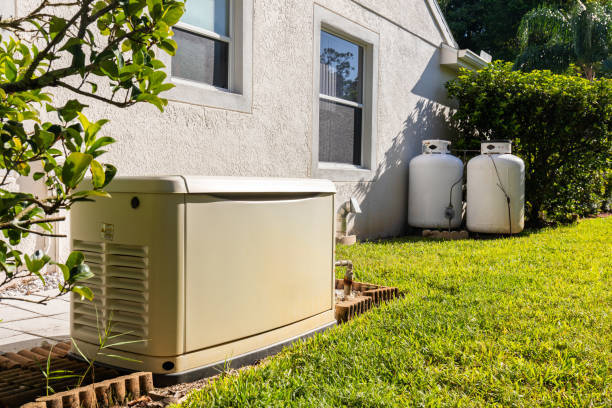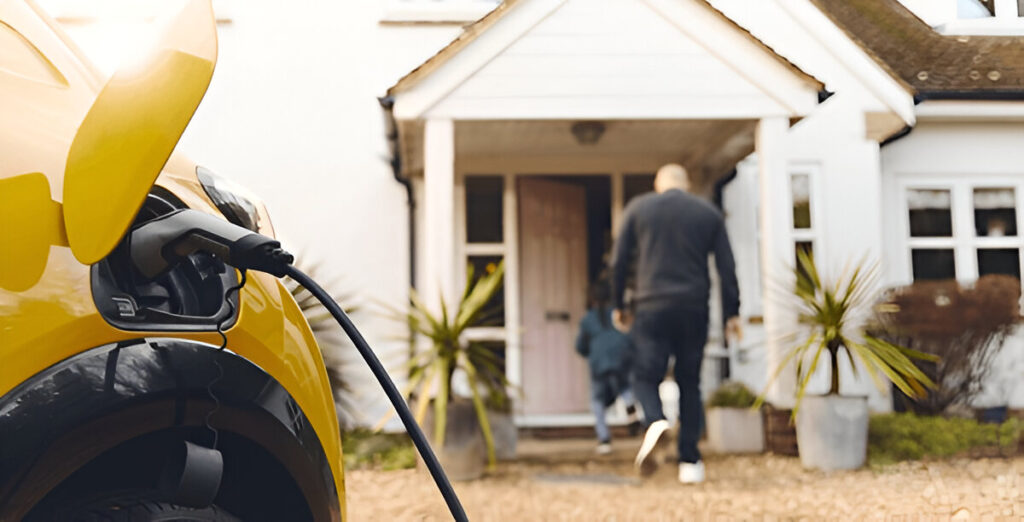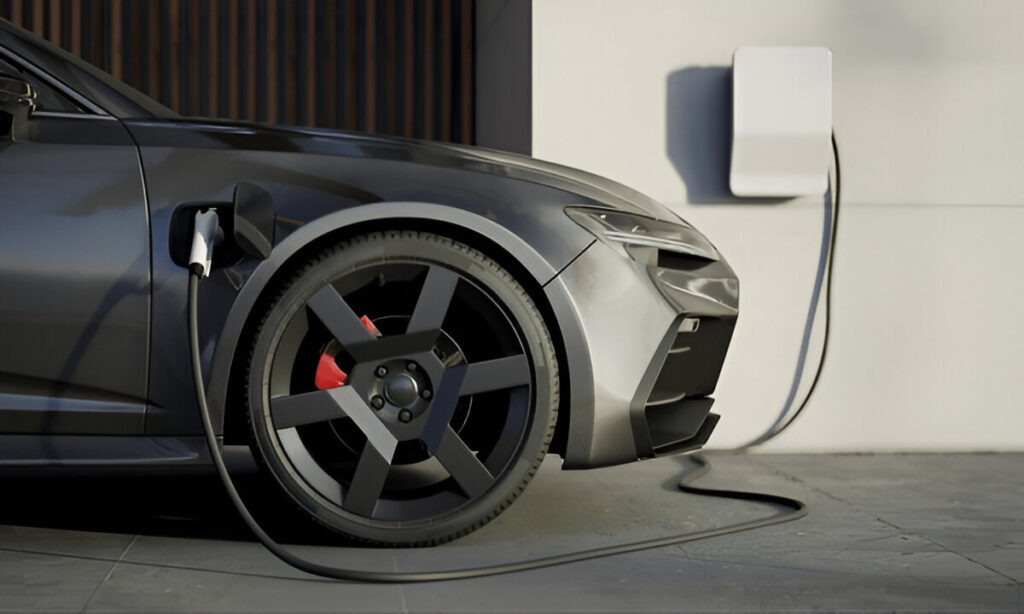Power outages can be frustrating and, in some cases, even dangerous. Whether caused by storms, grid failures, or unexpected technical issues, losing electricity can disrupt your daily life. This is why many homeowners consider installing a backup generator as a reliable solution. But is it the right choice for you?
In this blog, we’ll break down the commercial, transactional, and informational aspects of backup generators so you can make an informed decision.
Why Consider a Backup Generator?
A backup generator ensures that your home remains powered even when the main electrical supply is down. This means your essential appliances, security systems, and internet connection continue working during an outage. But before you make the investment, let’s explore both the benefits and drawbacks of installing one.
The Benefits of a Backup Generator
✅ Continuous Power Supply (Commercial Advantage)
One of the biggest reasons homeowners invest in a backup generator is the ability to maintain power during outages. This is especially useful for those who work from home or run a small business. Power interruptions can lead to lost productivity and financial losses, making a generator a smart commercial investment.
✅ Protects Your Appliances and Electronics (Transactional Benefit)
A sudden power outage or surge can damage expensive appliances like refrigerators, computers, and air conditioners. A backup generator smoothly transitions your home to an alternative power source, preventing voltage fluctuations that could lead to costly repairs or replacements. From a transactional standpoint, this helps you save money in the long run.
✅ Increases Property Value (Commercial Benefit)
Did you know that homes with backup generators often sell faster and at higher prices? Potential buyers see them as a valuable asset, especially in areas prone to frequent blackouts. If you’re considering selling your home in the future, installing a generator can be a commercially beneficial upgrade.
✅ Safety and Comfort (Informational Perspective)
During a power outage, essential systems like heating, cooling, and even medical devices can stop working. This can be dangerous in extreme weather conditions or for people with health issues. Having a backup generator ensures your home stays safe, comfortable, and functional, no matter the situation. If you want to learn more about securing your home’s electrical systems, check out this informational guide.
✅ Automatic Power Restoration
Many modern standby generators come with automatic transfer switches, which means they turn on automatically when the power goes out. You won’t have to manually start the generator—everything runs smoothly without any hassle.
The Drawbacks of a Backup Generator
While backup generators offer many benefits, there are also a few downsides to consider before making a purchase.
❌ High Initial Cost (Commercial & Transactional Concern)
Backup generators, especially whole-home models, require a significant upfront investment. The cost includes the generator itself, installation, and setup. For homeowners on a tight budget, this could be a concern.
❌ Regular Maintenance Required
To ensure your generator works properly when you need it, routine maintenance is essential. This includes oil changes, fuel refills, and system checkups. Skipping maintenance could lead to a generator failure at the worst possible time.
❌ Noise and Space Considerations
Larger generators can be loud and bulky, which might be a problem in quiet neighborhoods or if space is limited. Portable generators are smaller but may not provide enough power for an entire home.
❌ Fuel Costs and Dependency
Backup generators run on gasoline, diesel, or natural gas, which can add to your household expenses. If fuel prices rise or there’s a shortage, running the generator for extended periods can become costly.
Is a Backup Generator Right for You?
The decision to install a backup generator should be based on your specific needs. If you live in an area with frequent power outages or rely on electricity for medical devices, a generator is a great investment. However, if outages are rare, the cost and maintenance might not be worth it.
For those who want an alternative, solar-powered backup systems or battery storage options could be a more eco-friendly and cost-effective choice.
Final Thoughts
A backup generator can provide peace of mind, security, and convenience, but it’s important to weigh the costs against the benefits. Whether you’re considering this upgrade for commercial value, transactional savings, or informational security, it’s a decision that requires careful thought.
If you decide to install a generator, make sure to choose the right size and fuel type based on your power needs. And as always, regular maintenance will ensure your generator is ready when you need it most.





